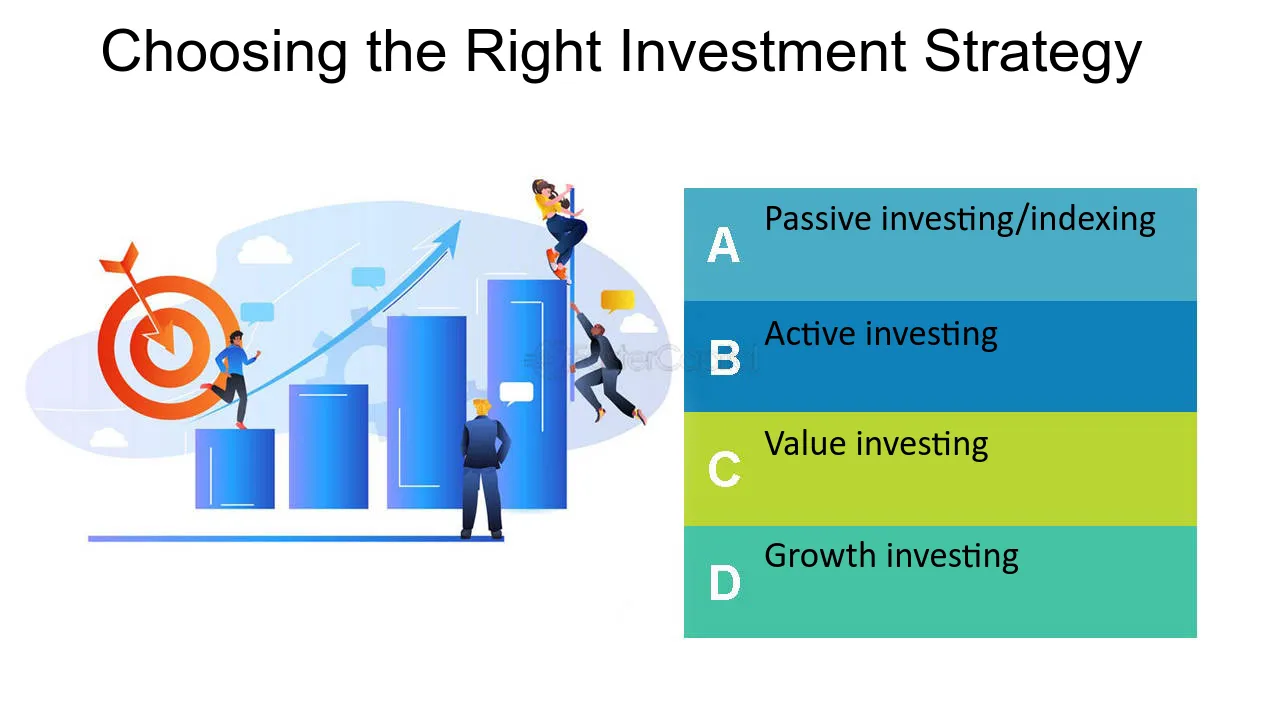Understanding the Digital Divide in Thailand
The digital divide in Thailand represents the gap between those who have access to modern information and communication technology and those who do not. This disparity affects various aspects of life, including education, employment, and social participation. Addressing this divide is crucial for fostering digital equity and ensuring that all citizens can benefit from technological advancements.
Access to Technology: A Growing Concern
Access to technology remains uneven across different regions in Thailand. Urban areas tend to have better infrastructure and connectivity compared to rural regions, where access to the internet and digital devices is often limited.
- Urban vs. Rural Disparities: In cities like Bangkok, high-speed internet and smartphone usage are prevalent. However, in rural areas, many individuals still rely on outdated technology or lack internet access altogether, hindering their ability to participate in the digital economy.
Digital Literacy: Bridging the Skills Gap
Importance of Digital Literacy in the Modern Economy
Digital literacy is essential for individuals to effectively use technology and navigate the online world. In Thailand, there is a significant need for programs that enhance digital skills among the population.
- Educational Initiatives: Many schools and organizations are beginning to recognize the importance of incorporating digital literacy into their curricula. By equipping students with essential skills, they can better prepare for future job markets that increasingly rely on technology.
Government Initiatives to Improve Digital Literacy
The Thai government has launched various initiatives aimed at improving digital literacy across the country. These programs focus on training citizens in essential digital skills, promoting lifelong learning, and encouraging participation in the digital economy.
- Public-Private Partnerships: Collaborations between government entities and private organizations are crucial for implementing effective training programs. These partnerships can help provide resources and expertise needed to enhance digital literacy nationwide.
Government Efforts to Bridge the Digital Divide
National Strategies for Digital Inclusion
The Thai government has recognized the importance of bridging the digital divide as part of its national development strategy. Initiatives such as the “Digital Thailand” plan aim to promote technology access and improve digital infrastructure across the country.
- Infrastructure Development: Investments in broadband infrastructure are essential for ensuring that all citizens have access to high-speed internet. Expanding connectivity in rural areas will help reduce disparities and promote economic growth.
Promoting Digital Equity through Policy
Policies aimed at promoting digital equity are vital for addressing the challenges posed by the digital divide. This includes providing subsidies for low-income families to access technology and internet services.
- Inclusive Policies: By creating inclusive policies that support marginalized communities, Thailand can work towards a more equitable digital landscape where everyone has the opportunity to thrive.
Embracing Opportunities for a Connected Future
The digital divide in Thailand presents both challenges and opportunities. By addressing issues related to technology access and digital literacy, the country can foster a more inclusive society that benefits from technological advancements. Government initiatives, public-private partnerships, and community engagement are essential for bridging this gap and ensuring that all citizens can participate fully in the digital economy. As Thailand continues on its path toward modernization, embracing these opportunities will be crucial for building a connected future. T


